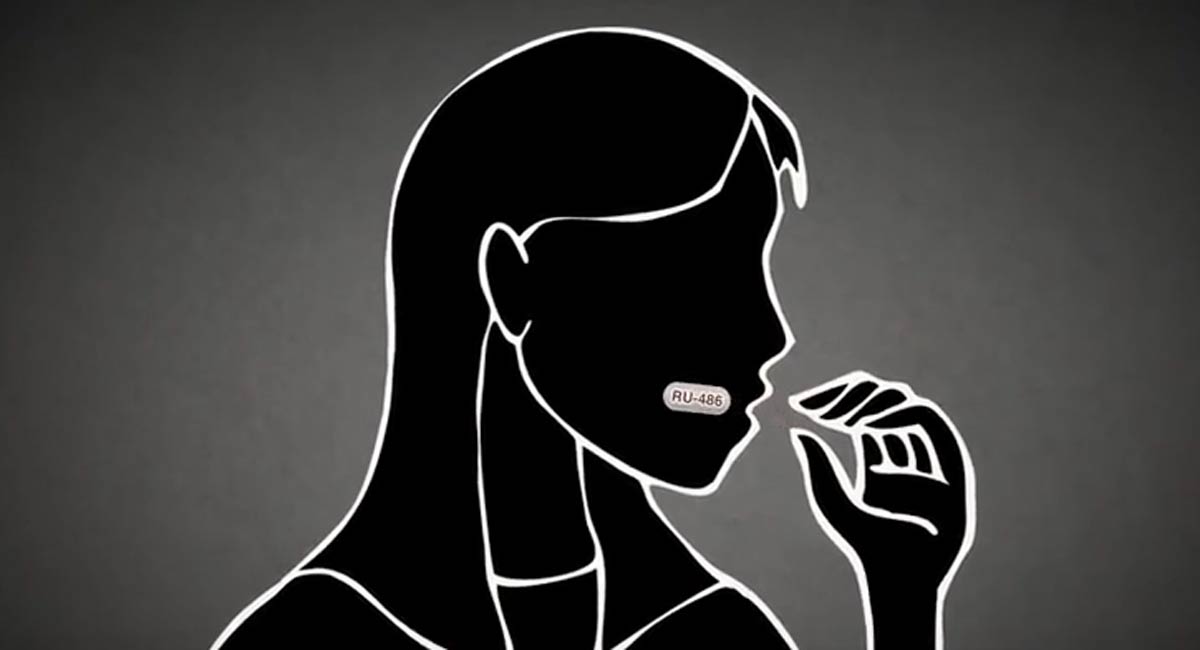Rachel Pryce, a college student at the University of California, San Diego, has taken on a campaign to prevent the dangerous sale of the abortion pill on her campus. The freshman told The San Diego Union-Tribune why she opposes California Senate Bill 320 (SB 320). The bill passed the California Senate, but is yet to make its way through the State Assembly. It would require — not just allow, but require — public universities to sell abortion pills to pregnant women on campus. These abortions are also known as chemical abortions, medication abortions, medical abortions, and RU-486. They are generally committed in the first 10 weeks of pregnancy. The universities would be under no obligation to also tell women about the possibility of abortion reversal if they regret their abortion.
In her op-ed, Rachel gives a number of reasons why even abortion supporters should not support the sale of abortion pills on college campuses. She explains that health care should “ensure our safety and well-being,” and that the most “convenient” options often do not accomplish this.
Rachel further explains how a chemical abortion is not a “private and relaxed” experience, as the facilities that currently sell these abortion pills claim. Instead, she says, going through a chemical abortion could easily be a traumatic experience for a young college woman. There are many facts surrounding chemical abortions that women are not told prior to purchasing and ingesting the pills. Women are also almost never told about the possibility of reversing chemical abortions, even when they regret their initial choice and ask for information.
READ: I was told the abortion pill would be no big deal. It was horrific.
Rachel goes into detail regarding the specific difficulties a young woman could experience if she went through a chemical abortion on her college campus. She explains that the medical recommendation is for a woman to be able to rest during the several-day process of taking abortion pills and have easy access to a toilet, as she will likely be vomiting, experiencing diarrhea, and bleeding, as the baby will be coming out of her body.
However, on the UCSD campus — which is similar to campuses across California — Rachel says a woman is exposed to an extremely “public atmosphere.” It is almost certain that the other people in close proximity to the young woman who is aborting will be aware of what is happening. She may even be actively disposing of her dead child in the shared restroom.
In our suite-style residence halls at UCSD, 24 people share a bathroom with three toilets and four showers. If a student is given RU-486 and returns to her dorm room to complete the abortion, her pain, vomiting, diarrhea and other side effects will not go unnoticed by the 23 other students she lives with.
Rachel also shares that SB 320 will not absolve colleges and universities from medical liability if anything goes wrong in the woman’s abortion attempt. For many women, chemical abortions cause damage or dangerous side effects. Rachel correctly says that “corrective surgery” and “lifesaving medical procedures” may be required (something women are rarely adequately warned of), and a woman may face this need while on campus, though few — if any — would know how to help her.
READ: Here’s why expanding access to the abortion pill is dangerous for women
Rachel asks that her fellow college students and others join her in opposing the dangerous SB 320. She objects to any state law that would require places of higher education to commit chemical abortions. According to the text of the law, Rachel says, taxpayer grants would be used to fund the staff and equipment to commit these abortions. However, she says the exponential cost could also be placed on the backs of students, as universities would be free to charge all students to fund this abortion requirement. No college student needs a law that appears to make abortion deceptively expedient and risk-free.







